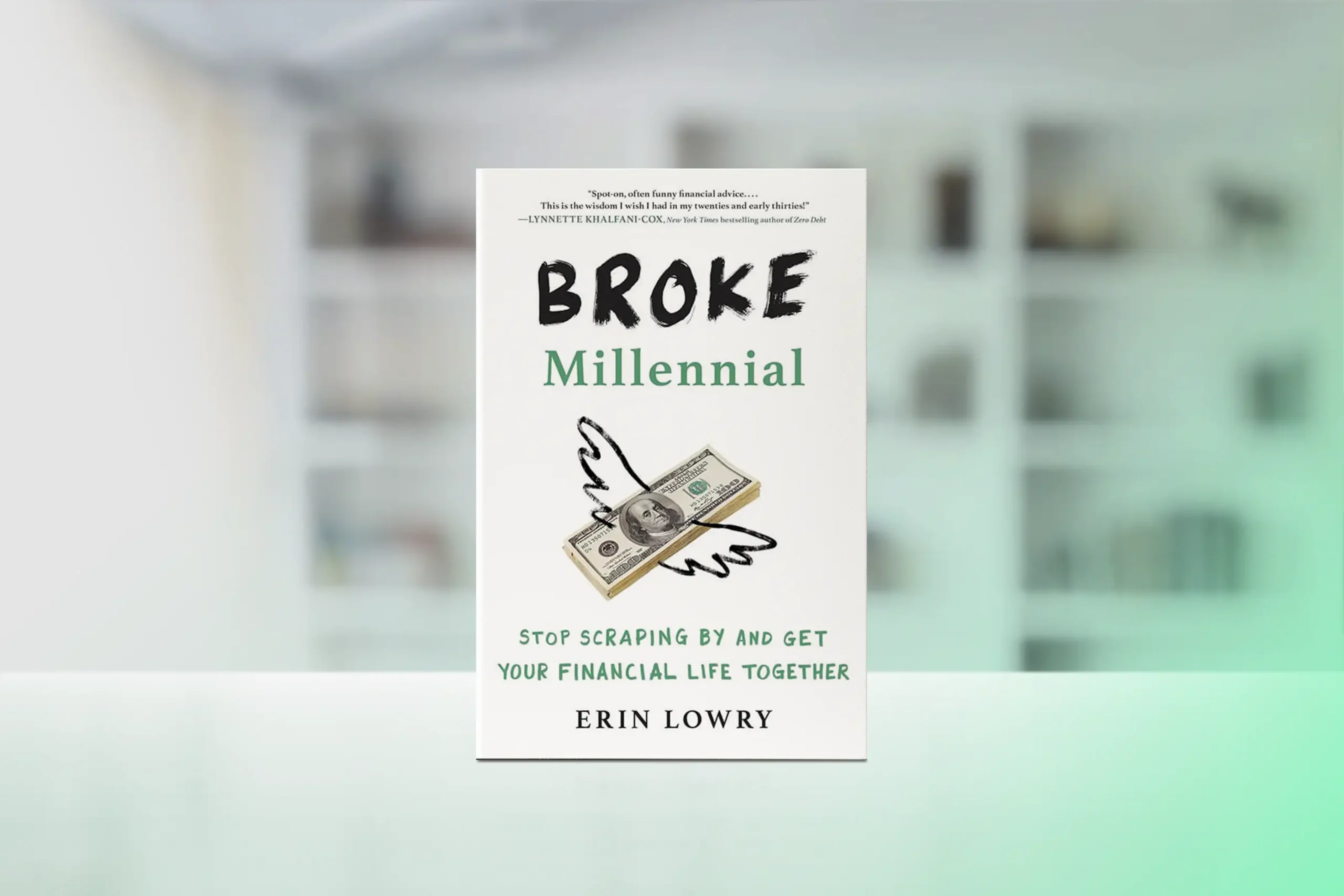The financial landscape facing Millennials and Gen Z is markedly different from that of previous generations. According to the World Economic Forum, these generations are the first to face lower living standards than their parents in many developed countries. A 2023 Deloitte survey revealed that 46% of Gen Z and 47% of Millennials live paycheck to paycheck, highlighting the urgent need for strategic financial planning.
Yet, amidst these challenges lies unprecedented opportunity. The democratization of investing through fintech, the rise of remote work, and the growing gig economy have created new pathways to financial success. This article provides a comprehensive roadmap for young professionals to build financial security and wealth, offering practical strategies that work across global markets and economic conditions.
Introduction
Picture this: You’re scrolling through social media, bombarded by conflicting financial advice—from cryptocurrency enthusiasts promising quick riches to minimalists advocating living on 30% of your income. The abundance of information can be overwhelming, yet the fundamentals of sound financial planning remain surprisingly consistent across cultures and economies.
In “The Psychology of Money” by Morgan Housel emphasizes that successful financial planning isn’t about complex strategies but about behavior and consistency. Similarly, “I Will Teach You to Be Rich” by Ramit Sethi provides a practical framework for young professionals to build wealth systematically, regardless of their starting point.
This article will guide you through:
- Building a strong financial foundation
- Creating an investment strategy for long-term wealth
- Navigating modern financial challenges
- Balancing current lifestyle with future security
- Developing financial resilience for uncertain times
Building Your Financial Foundation
Emergency Fund Strategy
- Start with one month’s expenses, gradually building to 3-6 months
- Consider your job stability and global economic conditions
- Keep funds accessible but separate from daily spending accounts
- Factor in healthcare costs based on your country’s system
Debt Management
- Prioritize high-interest debt while maintaining minimum payments on others
- Consider global interest rate trends when deciding between debt repayment and investing
- Understand local debt regulations and protections
- Create a realistic repayment schedule that doesn’t compromise essential needs
Income Optimization
- Develop multiple income streams through side gigs or passive investments
- Leverage global remote work opportunities
- Negotiate salary based on international market rates
- Build skills that command premium compensation worldwide
Key Takeaway: Your financial foundation rests on three pillars: a robust emergency fund, strategic debt management, and diversified income streams. Focus first on protecting your downside through savings while systematically increasing your earning potential.
Dive Deeper: Explore “Debt Management: Step-by-step Guide to Breaking Free of Debt” for a detailed approach to eliminating debt while building wealth.
Investment Strategy for the Digital Age
Getting Started
- Begin with low-cost index funds that provide international exposure
- Understand your risk tolerance and investment timeline
- Take advantage of tax-advantaged accounts available in your country
- Consider inflation rates when setting return expectations
Digital Investment Platforms
- Research regulated platforms available in your region
- Compare fees across traditional and digital platforms
- Understand the protection mechanisms for your investments
- Maintain security through strong authentication methods
Asset Allocation
- Diversify across geographic regions and asset classes
- Consider exposure to both developed and emerging markets
- Account for currency risks in international investments
- Adjust allocation based on local economic conditions
Key Takeaway: Success in modern investing comes from starting early with low-cost, globally diversified investments, regardless of the amount you can invest initially. The power of compound interest makes time your greatest ally in building wealth.
Learn More: Check out “The First-Time Investor: How to Start Building Wealth Wisely” for detailed guidance on beginning your investment journey.
Digital Financial Tools and Security
Essential Financial Apps
- Evaluate budgeting apps based on your local currency and banking system
- Look for apps that offer bank-grade encryption and multi-factor authentication
- Consider tools that provide cross-border money transfer capabilities
- Choose platforms that integrate with your local tax requirements
Digital Security Best Practices
- Set up unique, strong passwords for each financial account
- Enable biometric authentication when available
- Use a secure password manager for financial credentials
- Regularly monitor accounts for unauthorized activity
- Set up banking alerts for unusual transactions
Privacy and Data Protection
- Understand how financial apps use and protect your data
- Review privacy policies before sharing financial information
- Be cautious of apps requesting unnecessary permissions
- Consider the implications of sharing financial data across borders
Key Takeaway: Digital financial tools can dramatically improve your money management, but they must be chosen and used with careful attention to security and privacy considerations.
Further Reading: “Digital Minimalism” by Cal Newport offers valuable insights on maintaining control over your digital life while maximizing benefits.
Financial Education and Literacy
Quality Information Sources
- Follow central banks and global financial institutions
- Subscribe to reputable financial newsletters
- Join moderated financial communities for peer learning
- Access free courses from recognized financial institutions
Evaluating Financial Advice
- Check credentials and track records of financial experts
- Look for advice backed by research and data
- Be wary of get-rich-quick schemes and guaranteed returns
- Consider cultural and regional contexts when applying advice
Building a Financial Network
- Connect with financial professionals in your region
- Join investment clubs or study groups
- Seek mentors with proven financial success
- Participate in financial literacy workshops
Key Takeaway: Sustainable wealth building starts with continuous learning and critical evaluation of financial information, supported by a strong network of knowledgeable peers and mentors.
Explore More: “The Psychology of Money” provides essential insights into how our thinking affects our financial decisions.
Modern Financial Challenges and Solutions
Housing Strategies
- Evaluate renting vs. buying based on local market conditions
- Consider co-living arrangements in high-cost cities
- Research government housing schemes for young buyers
- Factor in remote work possibilities when choosing location
Student Loan Management
- Understand loan terms and repayment options in your country
- Consider income-driven repayment plans where available
- Look into loan forgiveness programs
- Balance loan repayment with other financial goals
Gig Economy Navigation
- Build financial stability while maintaining flexibility
- Plan for irregular income through budgeting techniques
- Understand tax implications of gig work in your jurisdiction
- Create your own benefits package when traditional benefits aren’t provided
Key Takeaway: Today’s financial landscape requires flexible strategies that can adapt to changing work patterns while building long-term security. Focus on creating systems that work with your lifestyle rather than against it.
Explore Further: Read “Financial Planning for Life’s Milestones: From Career Starts to Retirement” to understand how to prepare for major life events.
Contemporary Financial Planning Challenges
Inflation and Purchasing Power
- Understand how global inflation affects your local purchasing power
- Develop strategies to hedge against inflation
- Consider real estate and inflation-protected securities
- Build skills that maintain value despite economic changes
Alternative Investments
- Evaluate cryptocurrency within your risk tolerance
- Consider ESG (Environmental, Social, and Governance) investments
- Understand the role of alternative assets in diversification
- Research regulatory frameworks for new investment types
Healthcare and Insurance Planning
- Build healthcare costs into your financial planning
- Compare international health insurance options
- Consider medical tourism for major procedures
- Plan for long-term care and disability scenarios
Key Takeaway: Success in modern financial planning requires balancing traditional wisdom with new opportunities while protecting against emerging risks in healthcare, technology, and global economic shifts.
Learn More: “The Financial Diet” by Chelsea Fagan offers practical insights for navigating modern money challenges.
30-60-90 Day Action Plan
First 30 Days
- Calculate your net worth and monthly cash flow
- Set up an emergency fund account
- Track all expenses using a budgeting app
- Research investment options available in your region
Days 31-60
- Open a retirement account or review existing ones
- Set up automatic savings transfers
- Create a debt repayment strategy
- Begin learning about investing through reputable sources
Days 61-90
- Make your first investment or increase existing ones
- Review and optimize recurring expenses
- Create additional income streams
- Set specific financial goals for the next year
Looking Forward
Imagine yourself five years from now, having built a strong financial foundation that supports your lifestyle while growing your wealth. You’re not just surviving—you’re thriving, with multiple income streams, growing investments, and the security to take calculated risks in pursuit of your dreams.
Financial empowerment isn’t just about money—it’s about creating the freedom to live life on your terms. Start your journey today by taking one small step from the action plan above. Remember, every financial decision you make today shapes the possibilities available to you tomorrow.
Ready to continue your financial journey? These resources will help:
- “The Total Money Makeover” by Dave Ramsey for comprehensive debt elimination strategies
- “The Bogleheads’ Guide to Investing” for deep insights into long-term investing principles
Remember: Your financial journey is unique, but you’re not alone in navigating it. Take action today to begin building the future you envision.





